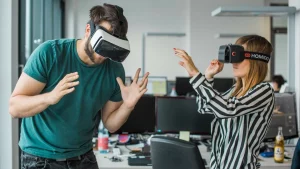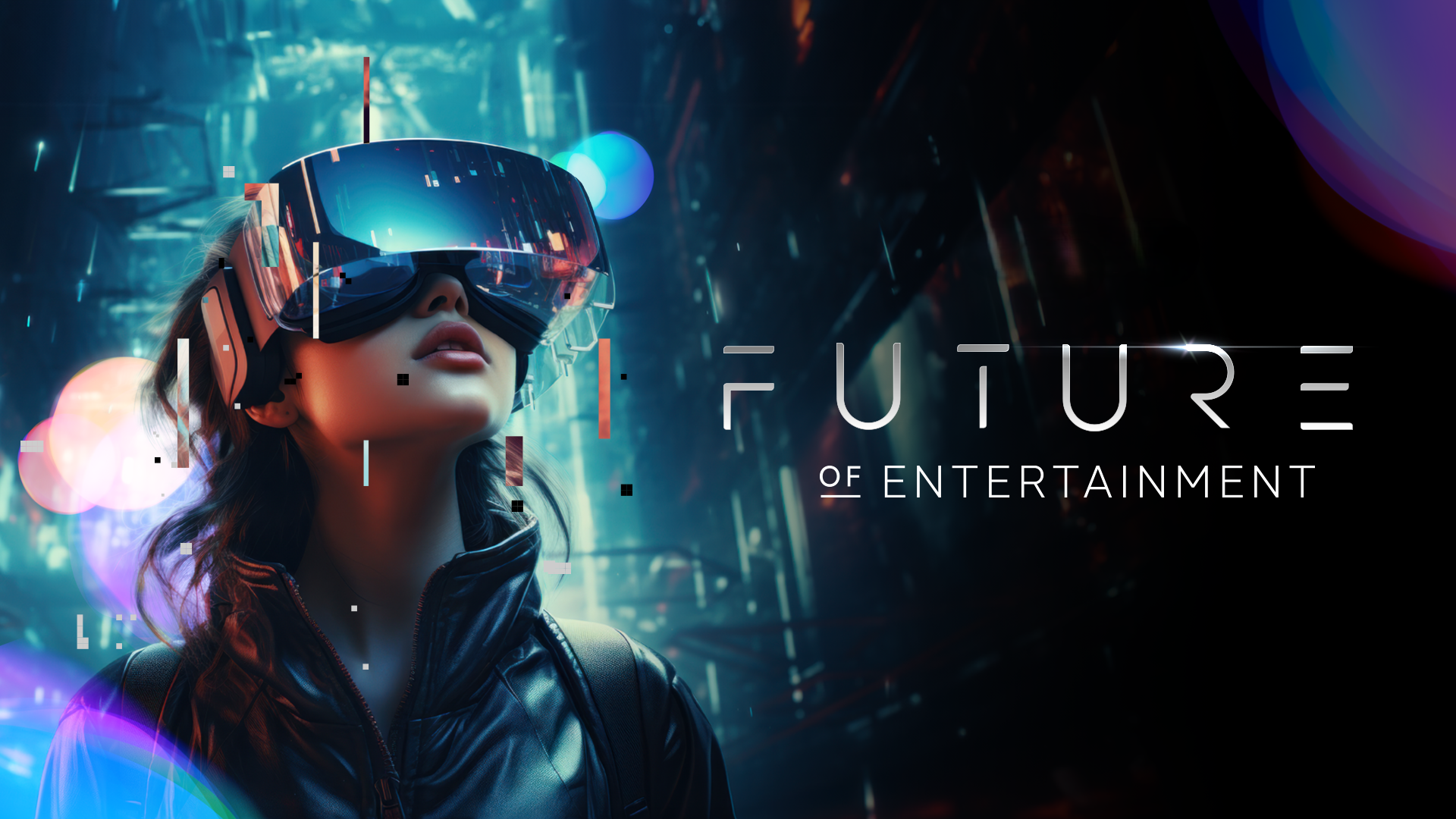Introduction
The entertainment industry has always been a dynamic and ever-evolving sector, characterized by constant innovation and adaptation to new technologies and consumer preferences. In recent years, several key trends have emerged that are not only transforming the entertainment landscape but are also having a profound impact on the future of work. This article explores how these entertainment industry trends are shaping the future of work, highlighting the implications for various stakeholders, including workers, employers, and policymakers.
The Rise of Streaming Services

One of the most significant trends in the entertainment industry is the rise of streaming services. Platforms like Netflix, Amazon Prime Video, Disney+, and Hulu have revolutionized the way content is consumed, shifting away from traditional cable TV and physical media. This shift has several implications for the future of work.
-
Impact on Content Creation and Distribution
The demand for original content has skyrocketed, leading to increased opportunities for writers, directors, actors, and production crews. Streaming services are investing heavily in new content to attract and retain subscribers, resulting in a surge in job opportunities within the entertainment sector. Additionally, the global reach of these platforms means that content creators can access international audiences, opening up new markets and revenue streams.
-
Remote Work and Collaboration
The production of content for streaming services often involves collaboration across different locations and time zones. Advances in technology have made remote work more feasible, allowing teams to work together virtually. This trend has been accelerated by the COVID-19 pandemic, which forced many productions to adapt to remote work environments. As a result, the future of work in the entertainment industry is likely to involve more flexible and remote working arrangements.
The Growth of Esports and Gaming

The esports and gaming industry has experienced explosive growth in recent years, becoming a major player in the entertainment sector. This trend is shaping the future of work in several ways.
-
New Career Opportunities
The rise of esports has created new career opportunities for gamers, coaches, analysts, and event organizers. Additionally, the gaming industry has a high demand for software developers, graphic designers, and other technical roles. As esports and gaming continue to grow, the demand for skilled professionals in these areas is expected to increase.
-
Virtual and Augmented Reality
The development of virtual reality (VR) and augmented reality (AR) technologies is transforming the gaming experience and creating new possibilities for work. VR and AR are being used not only in gaming but also in training, education, and other industries. This trend is leading to the creation of new job roles, such as VR/AR developers and designers, and is driving innovation in how work is performed and experienced.
The Influence of Social Media

Social media platforms like YouTube, Instagram, TikTok, and Twitch have become integral to the entertainment industry, providing new avenues for content creation and distribution. This trend is influencing the future of work in several ways.
-
Content Creation and Influencer Marketing
Social media has democratized content creation, allowing individuals to become influencers and build their own brands. This has led to the rise of the gig economy, where content creators can monetize their work through sponsorships, advertising, and direct support from fans. The future of work in the entertainment industry will likely see more individuals pursuing careers as independent content creators and influencers.
-
Community Engagement and Fan Interaction
Social media platforms enable direct interaction between content creators and their audiences, fostering a sense of community and engagement. This trend is changing the way entertainment is consumed and how creators connect with their fans. As a result, new job roles focused on community management, fan engagement, and digital marketing are emerging.
The Impact of Artificial Intelligence and Automation

Artificial intelligence (AI) and automation are transforming various aspects of the entertainment industry, from content creation to distribution and marketing. These technologies are shaping the future of work in several ways.
-
Content Creation and Personalization
AI is being used to generate and curate content, creating new opportunities for personalized entertainment experiences. For example, AI algorithms can analyze viewer preferences and recommend content tailored to individual tastes. This trend is leading to the development of new job roles focused on AI and data analytics, as well as changing the skills required for traditional roles in content creation and marketing.
-
Automation of Routine Tasks
Automation is streamlining various tasks within the entertainment industry, such as video editing, subtitling, and content moderation. While this can lead to increased efficiency and cost savings, it also raises concerns about job displacement. The future of work in the entertainment industry will likely involve a shift towards more specialized and creative roles that cannot be easily automated.
The Importance of Diversity and Inclusion

Diversity and inclusion have become central themes in the entertainment industry, driven by consumer demand for more representative and inclusive content. This trend is shaping the future of work in several ways.
-
Diverse Talent and Storytelling
There is a growing emphasis on hiring diverse talent both in front of and behind the camera. This includes efforts to increase representation of women, people of color, LGBTQ+ individuals, and other underrepresented groups. As a result, the future of work in the entertainment industry will likely involve more diverse and inclusive hiring practices and storytelling.
-
Inclusive Work Environments
Creating inclusive work environments is becoming a priority for entertainment companies. This involves implementing policies and practices that promote equity, address discrimination, and support the well-being of all employees. The future of work in the entertainment industry will likely see a continued focus on fostering inclusive and supportive work cultures.
Conclusion
The entertainment industry is undergoing significant transformations driven by key trends such as the rise of streaming services, the growth of esports and gaming, the influence of social media, the impact of AI and automation, and the importance of diversity and inclusion. These trends are shaping the future of work in profound ways, creating new opportunities and challenges for workers, employers, and policymakers. As the entertainment industry continues to evolve, it will be essential to adapt to these changes and embrace the innovations that are driving the future of work.




